It all starts with an old friend, Gregers, returning home after a long journey. His arrival leads to unprecedented turmoil as the main character, Hjalmar, has to decide what to make of his life. This is not easy as things have changed a lot in the north since the age of Ibsen... In fact, everything has changed.AbstractIbsen’s classic Wild Duck is the epitome of Scandinavian literature with a feministic point of view. In fact, if we look at Ibsen’s other works, like a Doll’s House we see things from a woman’s perspective, in other words we only get one side of the story. This is typical of Norwegian literature.The current work attempts to remedy this, or better put give insight into the possible feelings of a man, with all the positive and negative aspects. In Wild Duck, Hjalmar Ekdal plays the role of a dull and rather repugnant character, who can only think of selfish goals and comfort. According to society he is more or less a male chauvinist, a bad guy for rebelling against and being bothered by things that should simply be accepted or not questioned at all.Wild Duck revisited looks at the situation from a modern point of view taking into account of the emancipation of women that had taken place over the past hundred years. The main characters are the same, the storyline loosely follows the classic, but deviates more and more as it advances. Hjalmar is the main character, we see things from his perspective, the singular third person is reserved for him. The book is divided into five parts, the structure and style develops from classical continuous to intermittent modern. The wild duck symbol is present, but some others are included as well, most notably the lion that eats grass and the Viking legend. Conversations and events not from the classical masterpiece have been adopted from real life cases.Wild duck revisited criticises modern western society and lifestyle for being unable to fulfil the most rudimental of all human needs, the need for love. It also tries to determine how much someone’s identity can be twisted, the limits that nature (genes etc.) impose on the individual.John Fajo, 2003
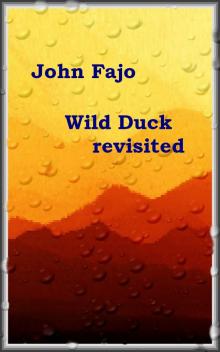
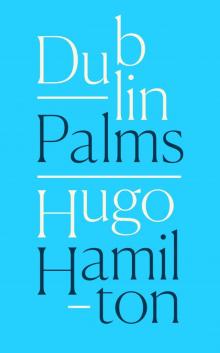 Dublin Palms
Dublin Palms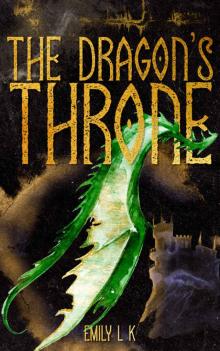 The Dragon's Throne
The Dragon's Throne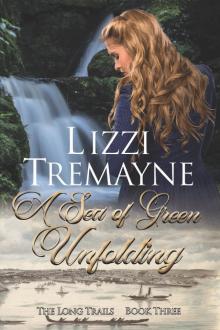 A Sea of Green Unfolding
A Sea of Green Unfolding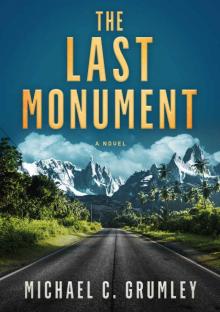 The Last Monument
The Last Monument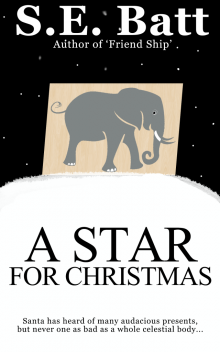 A Star for Christmas
A Star for Christmas Tempting Evan
Tempting Evan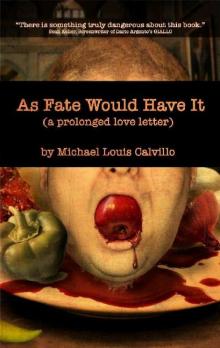 As Fate Would Have It
As Fate Would Have It The Scandal: Mafia Vows
The Scandal: Mafia Vows